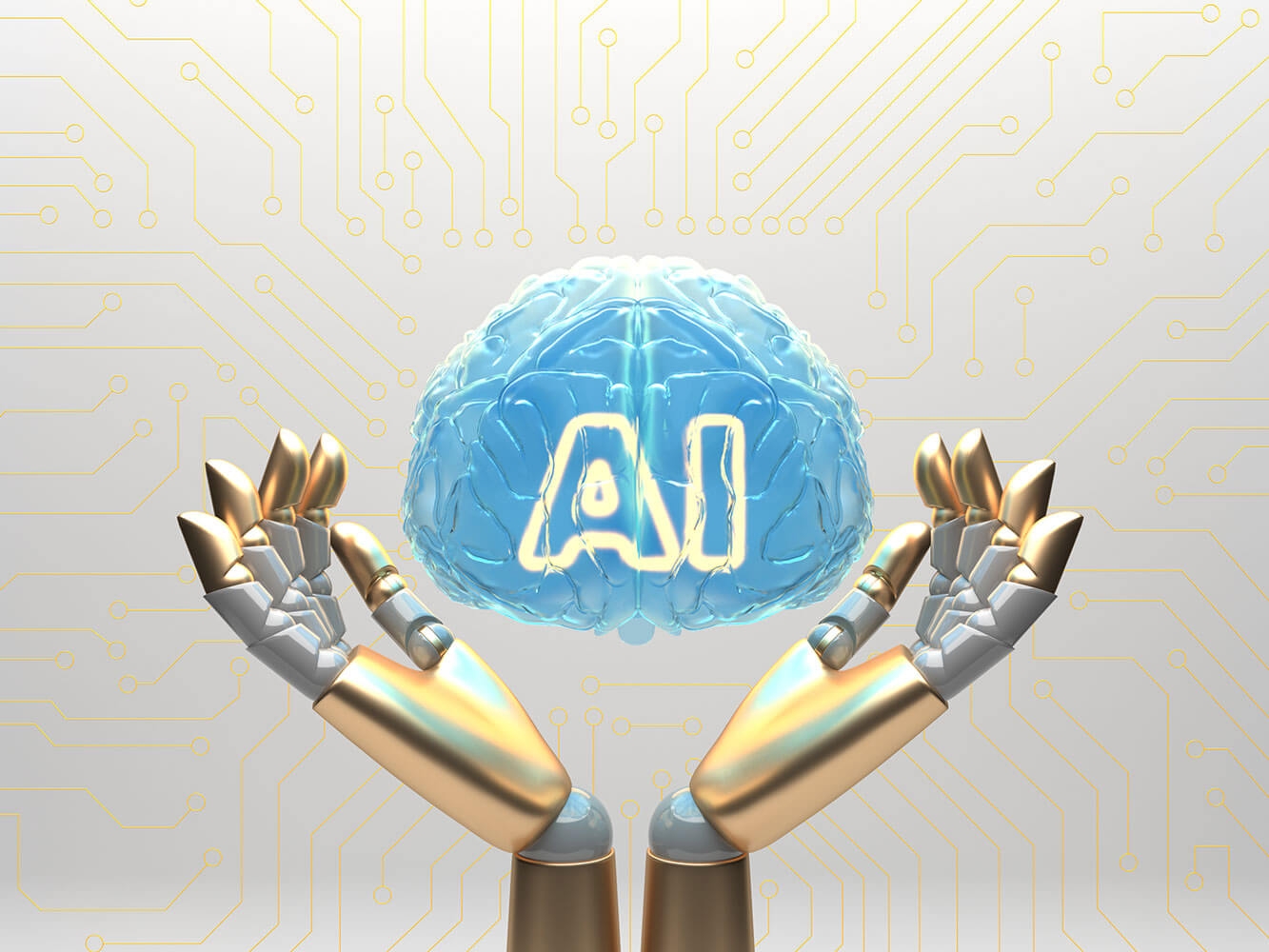As artificial intelligence continues to advance, the future of mental health support is taking shape with the emergence of AI-powered virtual therapists. This article explores the potential of virtual therapists in revolutionizing mental health care, offering personalized, accessible, and scalable interventions for individuals seeking emotional well-being.
Transformative Capabilities of Virtual Therapists
1. Tailored Treatment Plans
AI-powered virtual therapists can develop tailored treatment plans based on individual needs. By analyzing user data and behavioral patterns, these virtual therapists offer personalized interventions, coping strategies, and therapeutic exercises to support users on their mental health journey.
2. Accessibility Across Demographics
Virtual therapists enhance accessibility to mental health support across diverse demographics. Through digital platforms, users can engage with virtual therapists from the comfort of their homes, overcoming geographical barriers and reducing stigma associated with seeking mental health care.
3. Scalability for Widespread Impact
The scalability of virtual therapists allows for widespread impact in addressing mental health challenges. AI-driven interventions can reach a large number of users simultaneously, providing timely support and resources to individuals coping with stress, anxiety, depression, and other mental health concerns.
Ethical Considerations in the Integration of Virtual Therapists
To navigate the ethical landscape of integrating virtual therapists into mental health care, consider the following principles:
-
User Autonomy and Informed Consent: Prioritize user autonomy by obtaining informed consent for engaging with virtual therapists. Clearly communicate the nature of AI-driven interventions, the role of virtual therapists, and the option for users to disengage or seek human-based support.
-
Cultural Sensitivity and Inclusivity: Ensure cultural sensitivity and inclusivity in the design and deployment of virtual therapists. AI algorithms should recognize and respect diverse cultural expressions of mental health, avoiding biases and providing support that aligns with individual cultural contexts.
-
Human Oversight and Collaboration: Integrate human oversight in the development and deployment of virtual therapists. Mental health professionals should collaborate with AI experts to ensure that interventions align with ethical standards, respect user boundaries, and contribute to positive mental health outcomes.
-
Long-Term Monitoring and Evaluation: Implement long-term monitoring and evaluation processes for virtual therapists. Regular assessments of user outcomes, satisfaction, and ethical considerations contribute to ongoing improvements and refinements in the design and deployment of AI-powered mental health interventions.
Conclusion: Navigating the Future Landscape
As AI continues to play a transformative role in mental health support, navigating the future landscape requires a careful balance of innovation and ethical considerations. Therapeutic chatbots and virtual therapists represent promising tools for enhancing accessibility, personalization, and scalability in mental health care. However, a commitment to ethical practices, user autonomy, and human collaboration is essential to ensure that AI interventions complement traditional therapeutic approaches, fostering a holistic and responsible future for mental health support.
Read More : INTELIGENCIA ARTIFICIAL Y PSICOLOGÍA


